Kerala Women Recycles PPE Scrap into Beds and Provides Employment to Women
June 16, 2022
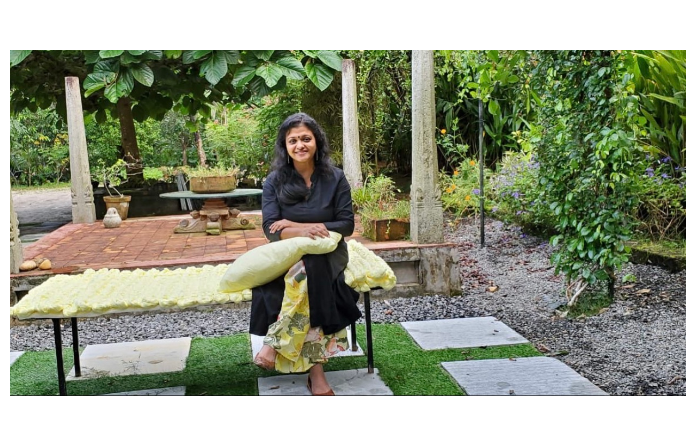
The Pure Living
According to reports, in 2020, an estimated 18.6 million tonnes of cloth ended up in landfills across the world. The same report suggests that if this continues, over 150 million tonnes of clothing waste will clog landfills by 2050.
How is this waste generated? On average, consumers discard 60% of their clothing every year. This is owing to the rise of fast fashion. Clothes are not durable or consumers want to regularly upgrade their wardrobes.
With the onset of the COVID-19 pandemic, a new kind of outfit has been trending - Personal Protective Equipment gowns. They are regularly worn by doctors across the world, lately, common people can be seen wearing this at crowded places mainly at airports.
With this sharp rise in demand, textile manufacturers and tailors have quickly switched to producing these gowns. In Kerala, some tailors reported having received a minimum of 20,000 gowns every day.
Sustainable solutions
Lakshmi Menon is a social entrepreneur based in Kerala. and the founder of the organization - The Pure Living, noticed two major issues in this new trend. One, the PPE cloth was being used in large quantities and the cloth cuttings that were not used were discarded as waste.
“PPE material has plastic in them and is hard to discard or dispose of sustainably. Small-time tailors were left with a lot of cloth waste. This forced them to either throw out the cloth or burn them,” says Lakshmi.
The second problem she noticed was the lack of beds at hospitals.
“In Kerala alone, there are more than 900 panchayats, and each has a varying number of care centers, with a minimum capacity of 50 beds. In these areas, mattresses are the need of the hour for every patient,” says Lakshmi.
One mattress costs somewhere between Rs 500-700, and it has to be replaced for each infected patient, or it has to be washed properly. This is not the case only in Kerala, but all over India,” says Lakshmi.
So, she came up with a sustainable solution that addresses both issues – Shayya. This is a lightweight bedroll made using scrap PPE material. The scrap cloth is braided together and more are added till the length reaches about 25 meters. No machine, thread or needle is required to make these mattresses.
Empowering the community
Once she mastered the technique, Lakshmi identified tailors who were stitching PPE gowns in Kerala and approached them to collect the scrap cloth. She also engaged local women from her neighborhood who had lost their jobs during the lockdown, to make the Shayyas.
“I have employed over ten women for Rs 300/day, to make one Shayya each. Earlier, three women were required to make one bed — one to braid it, and two to hold the other ends to align it in place. But, now we have introduced a 6×4 ft plywood fitted with nails on either side of the frame. This helps to hold the cloth in place while one lady braids, and aligns it together. With this upgrade in our mini production unit, each lady can make two Shayyas in one day,” says Lakshmi.
What’s more? Apart from using these bedrolls at COVID care centers, it was also distributed among homeless people who are forced to sleep on hard surfaces. To date, over 1000 shayyas have been distributed across the country and Lakshmi continues to make more.
Check out her website to know more.
Source

Roshini Muthukumar, a native of Chennai, started her career as a content writer but made a switch to journalism to pursue her passion. She has experience writing about human interest stories, innovative technology, entrepreneurs, research blogs, and more. Previously, Roshini has done internships with The Hindu, Metroplus and worked as a correspondent with The Better India.
© Renalysis Consultants Pvt Ltd


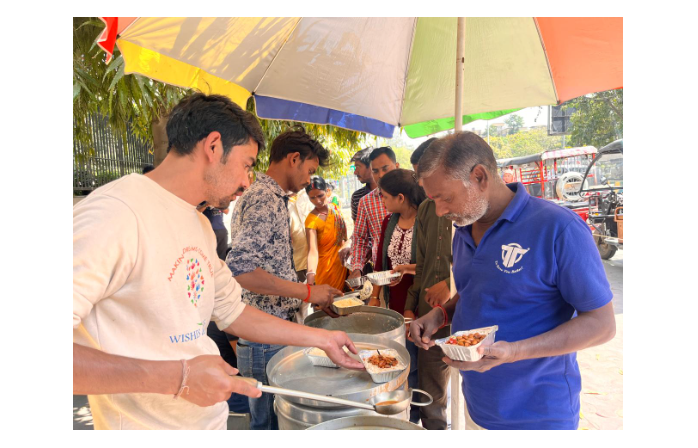
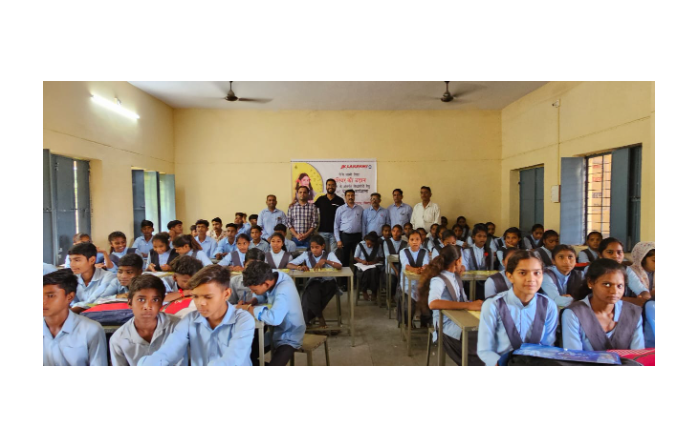

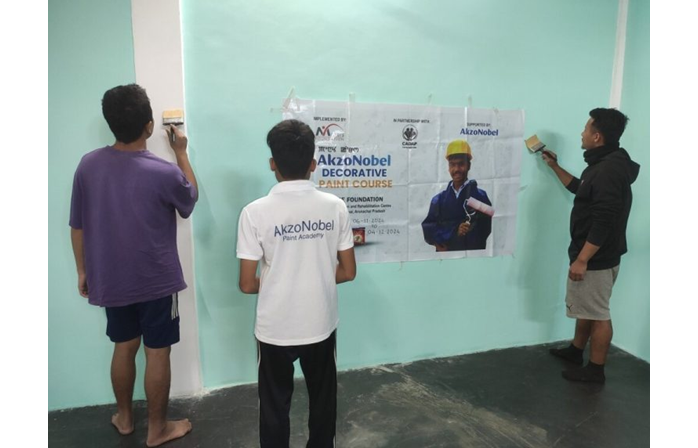
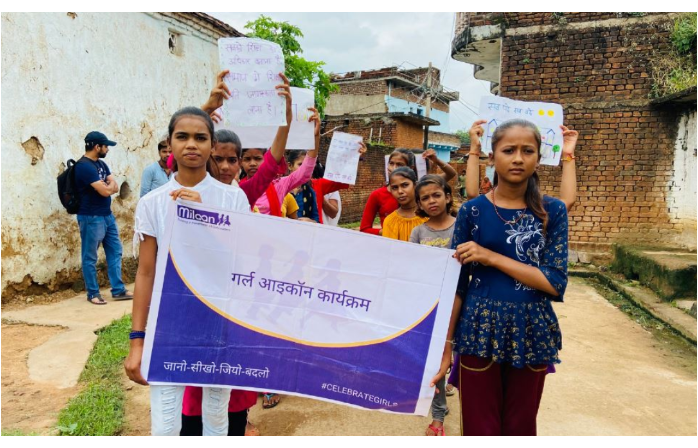
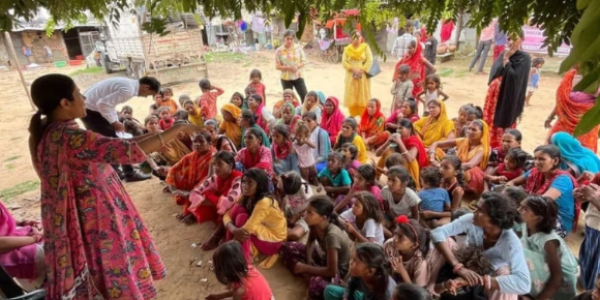

.png)